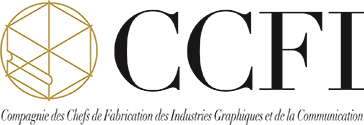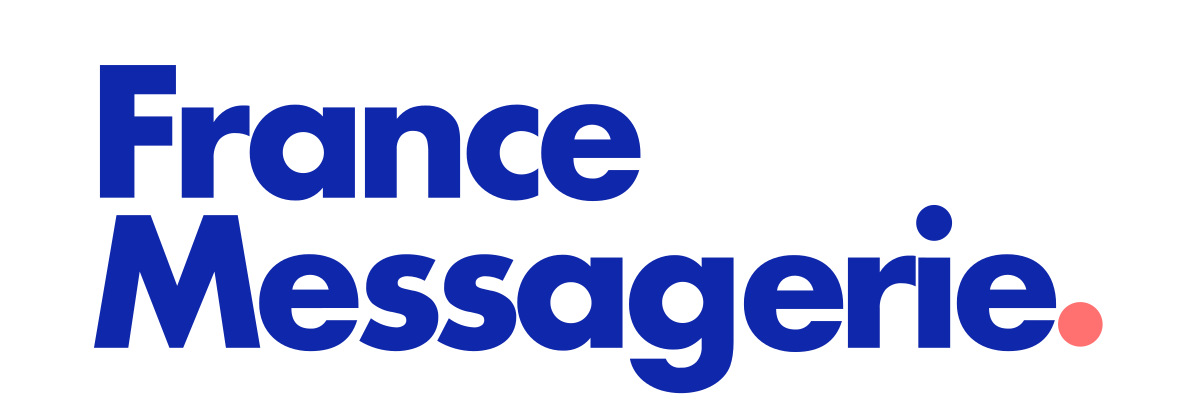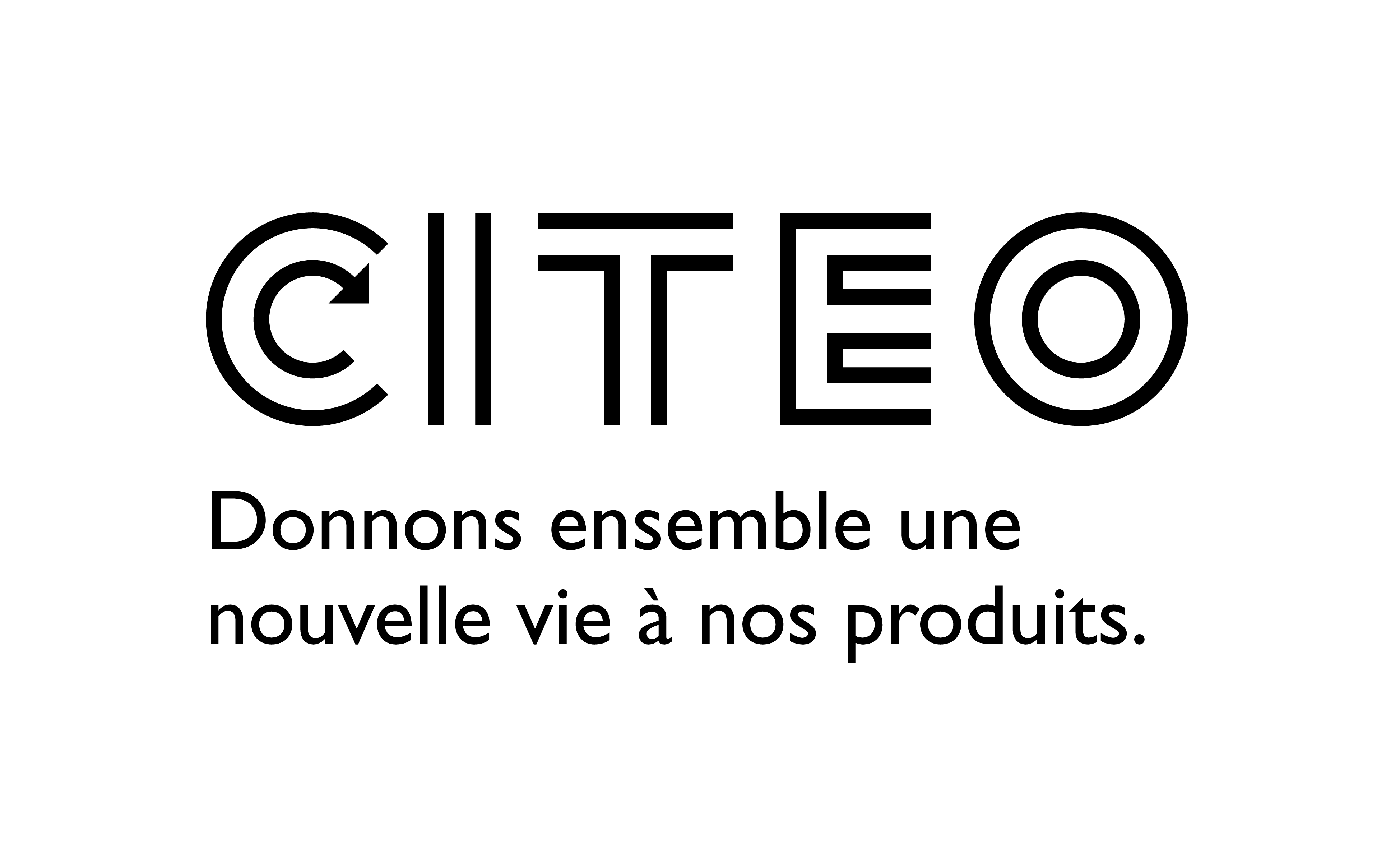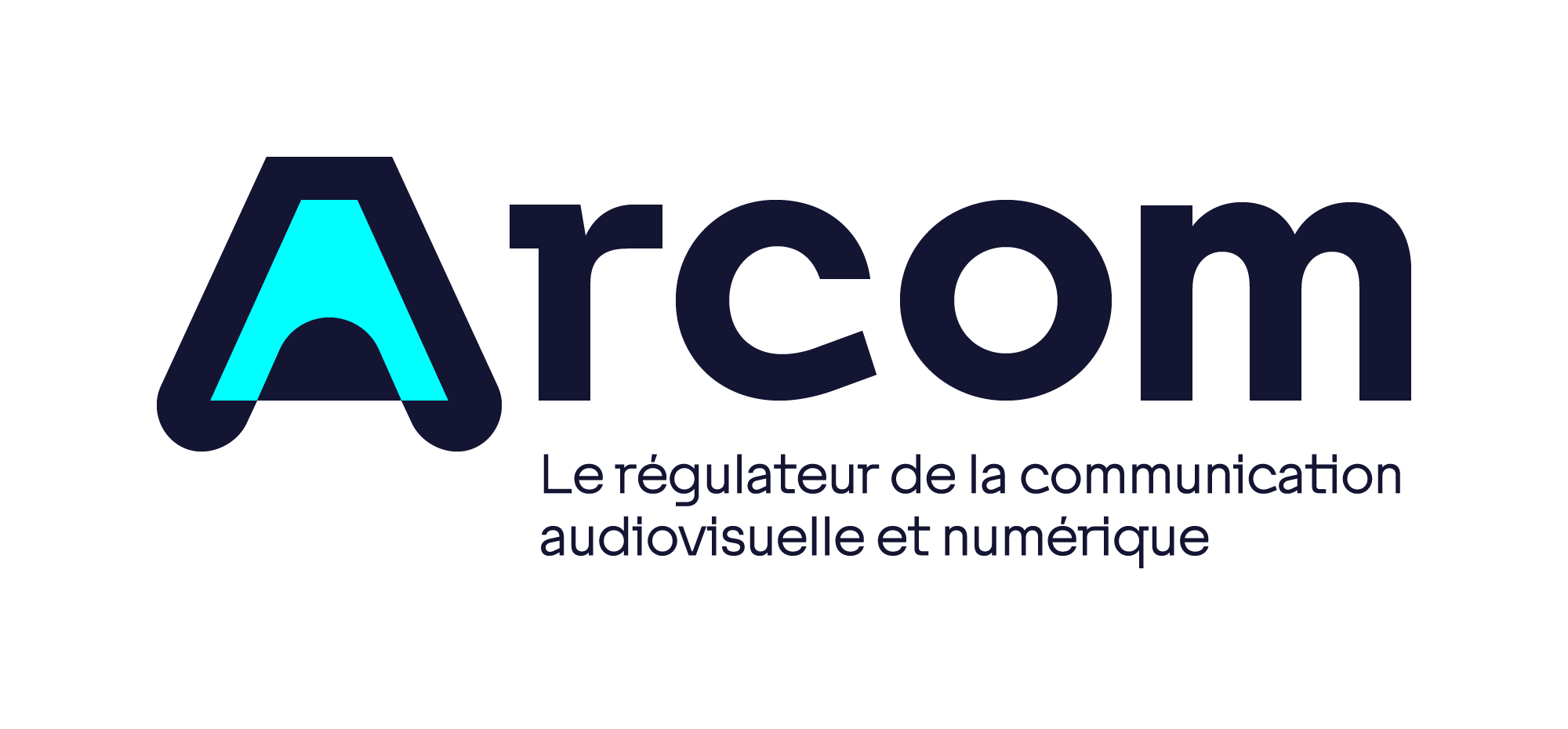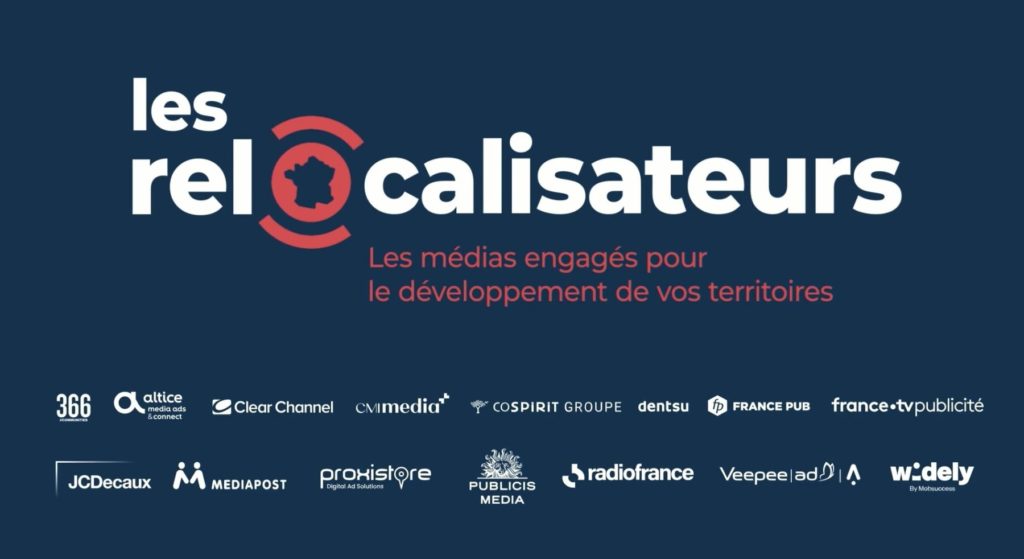Comme chaque année, la CCFI célèbre la saint Jean-Porte-Latine, saint patron des imprimeurs. Les inscriptions sont ouvertes jusqu’au 13 juin ! Cette fois-ci ce sera le Cercle National des Armées (8 place saint-Augustin, Paris VIII) qui nous...
Le 18 juin, la CCFI fête la saint Jean-Porte-Latine
Comme chaque année, la CCFI célèbre la saint Jean-Porte-Latine, saint patron des imprimeurs. Les inscriptions sont ouvertes jusqu’au 13 juin ! Cette fois-ci ce sera le Cercle National des Armées (8 place saint...
17 vue
9 juin 2024
